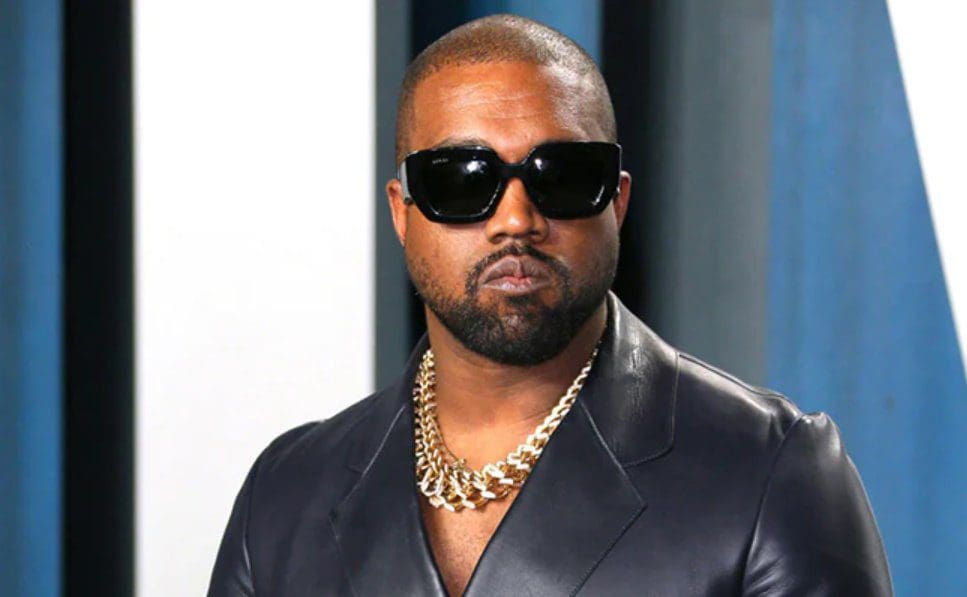

Two Cheers For Michelle Donelan
I’ve written a piece for the Spectator’s Coffee House blog about the changes Michelle Donelan, the Digital Secretary, has made to the Online Safety Bill. Here’s how it begins:
The new version of the Online Safety Bill seems, on the face of it, to be an improvement on the previous one. We’ll know more when it’s published – all we have to go on for now is a DCMS press release and some amendments moved by Michelle Donelan, the Digital Secretary and architect of the new Bill. The devil will be in the detail.
Let’s start with something that hasn’t got much coverage today, but which I think is important. Plans to introduce a new harmful communications offence in England and Wales, making it a crime punishable by up to two years in jail to send or post a message with the intention of causing “psychological harm amounting to at least serious distress”, have been scrapped.
That’s good news because, as Kemi Badenoch said in July, “We should not be legislating for hurt feelings.”
The bad news is, the new communications offence was intended to replace some of the more egregious offences in the Communications Act 2003 and the Malicious Communications Act 1988. The communication offences in the Malicious Communications Act are still going to be repealed, but not s127 of the Communications Act.
But this change does solve a problem I’d previously flagged up about the previous version of the Bill. It obliged the large social media platforms (Facebook, Instagram, Twitter, etc) to remove content in every part of the UK if it’s illegal in any part of the UK (“offence means any offence under the law or any part of the United Kingdom”). So if it’s illegal to say something in Scotland, in-scope providers would have to remove it in England, Wales and Northern Ireland.
That created a problem because the new harmful communications offence would only have replaced some other communications offences in England and Wales, not in Scotland and Northern Ireland. So when it came to what you could and couldn’t say online, the new communications offence would not have replaced one set of rules prohibiting speech with another; it would have just added a new set.
That problem won’t arise now, and nor will social media platforms have to enforce the new speech restrictions in the Hate Crime and Public Order (Scotland) Act across the whole of the UK because the government amended the previous version of the Bill so providers won’t be obliged to remove speech that’s prohibited by laws made by a devolved authority.
Fears that Nicola Sturgeon might become the content moderator for the whole of the UK can be laid to rest – at least for the time being. It’s worth bearing in mind that a future Labour government could change that with a single, one-line amendment.
But the new version of the Online Safety Bill won’t criminalise saying something, whether online or offline, that causes ‘hurty feelings’, and we should be grateful for that.
Okay, now on to the main event.
Clause 13 of the Bill (“Safety duties protecting adults”), which would have forced in-scope providers to set out in their terms of service how they intended to ‘address’ content that is legal but harmful to adults, has been scrapped.
How big a win is that?
Worth reading in full.
Stop Press: Professor Andrew Tettenborn, a member of the FSU’s Advisory Council, is more sanguine about the changes to ‘legal but harmful’ than me, but less impressed by the removal of the harmful communications offence. Also in the Spectator.







